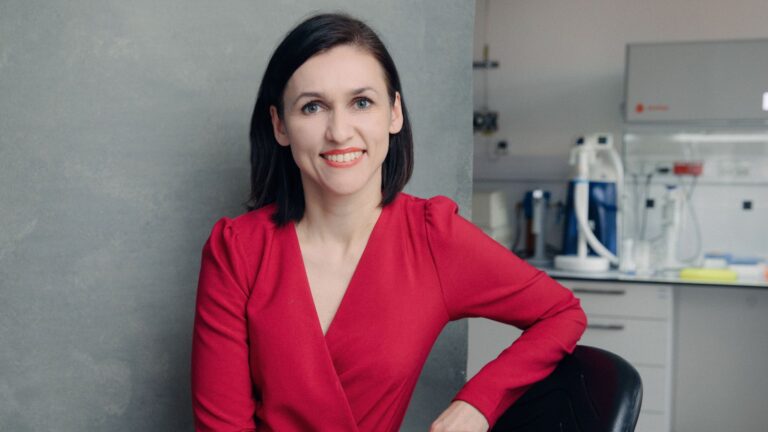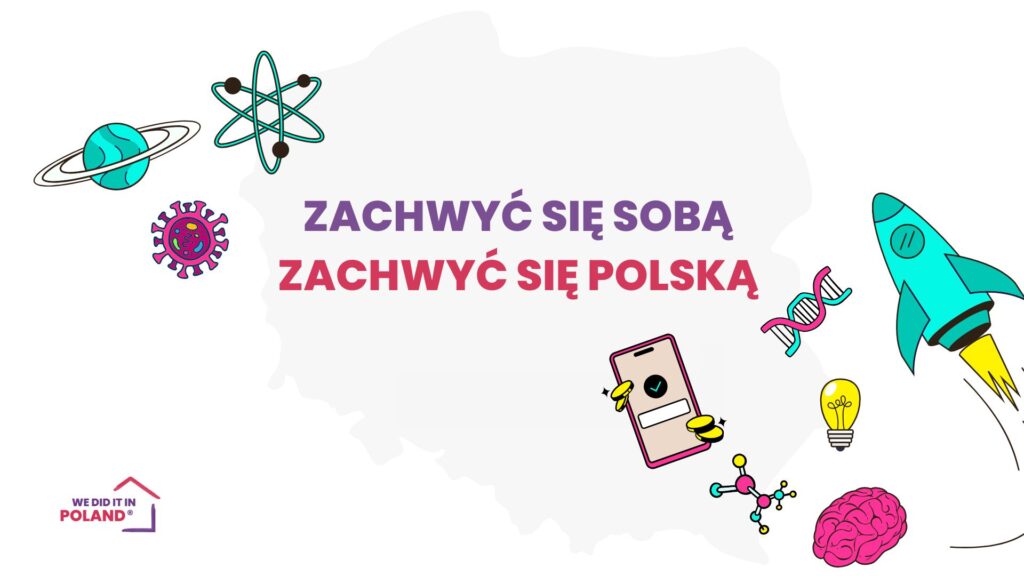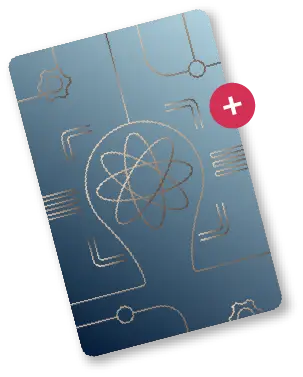Imagine that instead of waiting for days for test results, you find out what’s wrong with you in just minutes. In the doctor’s office, at the pharmacy or even in the emergency room. Sound like a vision of the future? For the Genomtec team, it’s an everyday reality.
Genomtec is a Polish company that has set out to shorten the distance between patient and diagnosis. With their portable Genomtec ID system, all it takes is a small sample – saliva, swab or blood – to get a test result in 20-45 minutes. This is a huge change from traditional tests, which often require a 24-hour or longer wait. As a result, doctors decide on treatment faster, patients are spared the stress of waiting, and diagnostics become available where time really counts.
Genomtec is also developing OncoSNAAT technology to help select more effective therapies for cancer patients – a step toward personalized medicine, where treatment is tailored to the individual rather than “one-size-fits-all.”
There’s a reason the Genomtec story was featured in the We Did It In Poland campaign, which promotes Polish innovations that are changing the world. It exemplifies how Polish science and technology can make a real difference in the lives of patients around the world.
An interview with Małgorzata Malodobra-Mazur, Ph,
who is behind this success
What conviction did you have to overcome within yourself to create something truly innovative?
Margaret Malodobra-Mazur: Scientific work itself requires some kind of ability to break the classical pattern of thinking and see the world in a slightly different way than most of society. So I think every scientist matures in such a way as to break certain patterns. And also a pre-imposed pattern of thinking, but each of us at a different time.
Like anyone who is involved in science and dreams of implementing new technologies, I treat favorable circumstances as an opportunity. This was also the case for me. My only concerns were about all the background involved in creating and running a company. However, knowing that you have the right people to lead the whole process, you can focus on the project and the innovations you want to create. In this regard, I felt great enthusiasm and there was no room for breaking beliefs or opinions.
Was there a moment when you thought: “It won’t work”? What did you do then?
As in any scientific project, success does not come easily. And not after the first attempts. There were many moments during the development of our technology when a particular method, a particular way or a particular methodological approach did not work. At that time, we always looked for alternatives, what the method could be replaced with, what other way to get the desired effect.
The technology developed by Genomtec requires teamwork, and, arguably, through teamwork we have always managed to find a way out of difficult situations. However, I don’t remember a moment in the entire development stage of the company when a particular setback caused us to doubt the whole point of developing our technology. Maybe it’s also a matter of believing that our product will help patients.
How is your relationship with failure and success – are they paralyzing or have you learned to tame them?
Once again, I will refer to the peculiarities of scientific work – failures and successes, no matter how big or small, are our daily reality.
Reaching back to the beginning of the scientific career, failures were something difficult, they caused a kind of doubt in the sense of work and it was hard to accept that something did not go our way.
On the other hand, at least in my case, success tastes much better if it is achieved after a series of failures. Starting a project related to the founding of a startup and, consequently, the development of technology, I was already an experienced scientist who had learned to cope with both failures and successes. So it wasn’t some big challenge or barrier to accomplish the set tasks.
Which skills – those “unmeasurable” – have proven to be the most important in building the company?
I think the ability to evaluate a person was this non-measurable skill that proved to be very important in building the company. It facilitated team building. I can say with certainty that the people who work (or have worked in the past at Genomtec) in my team are exceptional people, characterized by diligence, inventiveness, high commitment and passion. Some call it a “sixth sense,” others call it a “woman’s intuition,” but I think this skill is one of those immeasurable ones that definitely helped build the company.
If you were to create a “survival manual for female innovators” – what would you put first in it?
Be confident and believe in your abilities. That way you will convince all the unbelievers around you. I think this advice would come first.
And what’s one thing you should absolutely ignore when building something groundbreaking?
Failures. Just because something doesn’t work out for us on the first or second try doesn’t mean anything yet. But as I mentioned before, everyone has to get used to failures and dealing with them. And everyone does this at different times in their scientific careers. The sooner we learn to ignore failures, the more we are able to accomplish, including breakthrough discoveries or technology.
Imagine that you have no constraints – budget, technology, time – and can execute one crazy project. What would it be?
I have some doubts that what I am thinking about can be described as a crazy project…. For in my opinion it is quite mundane. With no budget constraints (and I think these are the only constraints), I would create a network of genetic laboratories that would perform genetic testing in the very broad field of genetics. From cancer patients to prenatal testing or screening – using both traditional diagnostic methods and new genetic diagnostic technologies. I would like genetic testing to be available to everyone, facilitating patient diagnosis, treatment and prognosis.
At the same time, I am aware that the development of Point-of-Care solutions (diagnostics involving medical testing directly at the point of patient care) is not possible in every case. Hence the thought of a highly specialized genetic laboratory.
I wish we didn’t have to send patient samples to foreign centers for diagnostic testing. As a nation, we have a large personnel base of very intelligent and extremely ambitious people. The only thing we lack is unlimited financial contributions.







